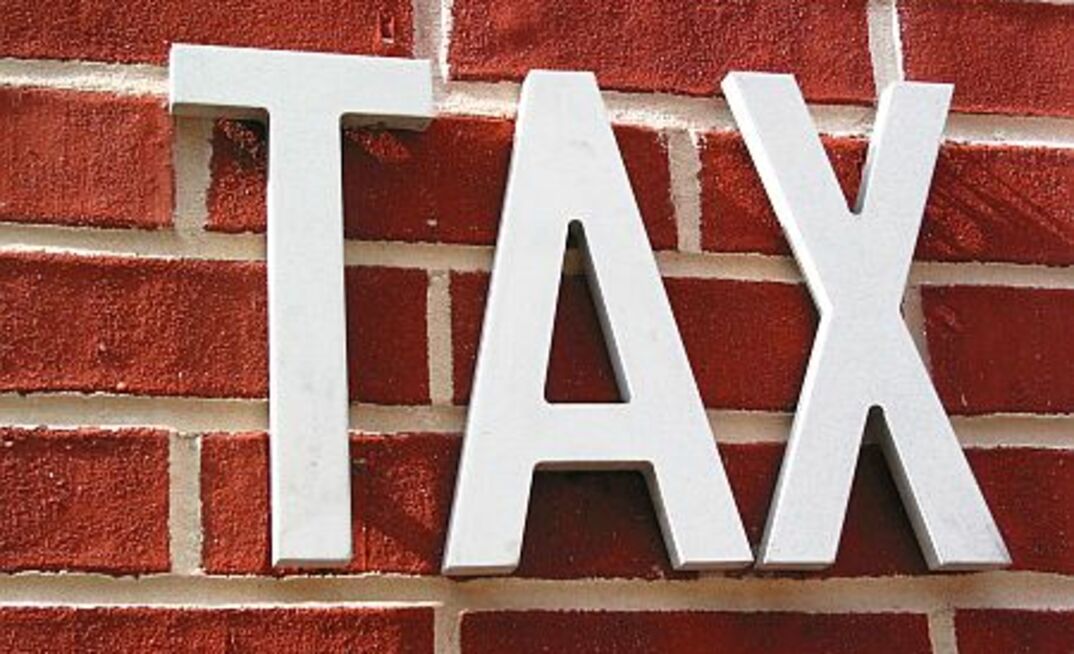With the end of the financial year fast approaching, it is time for fly-in, fly-out workers and miners in general to consider their taxes.
H&R Block director of tax communication Mark Chapman told Australia's Mining Monthly that it was amazing how many people literally threw money away at tax time.
"When you work hard all year on a mining site, doing your taxes might feel like the last thing you want to do each tax time," he said.
"But if you don't put in a little bit of effort, you could be missing some important deductions that are relevant to your job."
YOU MIGHT ALSO LIKE
Chapman said the best way to get the maximum possible refund was to get expert advice from a knowledgeable tax accountant like H&R Block.
He said deductions could be claimed on any money spent during the financial year on products or services directly related to one's employment.
"You need to have spent the money yourself [it cannot have been reimbursed by your employer] and you need to keep a record of the expense, such as a receipt or invoice," he said.
So, for mining employees, what can be claimed?
There is a wide range of deductions that can be claimed, including:
- The cost of buying, repairing and cleaning any clothing items, including footwear. that are protective such as steel-capped boots or heavy-duty overalls or are officially a uniform and have distinctive features such as your employer's logo on them;
- Self-education costs for attending any courses, training or seminars specifically related to your line of work such as first aid certification or renewal, or undertaking a mining cadetship;
- Any expenses related to buying equipment or tools specifically required for your work, such as a drill, spanner set or welding equipment, however, you must apportion the cost of these tools if you also use them at home for any DIY activities;
- Car expenses if you have to drive between jobs during your workday or if you have to transport heavy or bulky equipment to your workplace because secure storage facilities are not available at your workplace;
- The cost of purchasing any protective items for your personal use during work such as gloves, safety glasses, goggles, breathing masks, sunscreen, a sunhat or sunglasses;
- Any renewal fees for licences, regulatory permits, certificates, or "cards" that relate to your work but not the initial cost of getting any licences or certificates, even if getting them is a condition of your employment;
- Phone and internet expenses for any work-related usage on your personal phone or device, provided they are not already covered by your employer;
- The cost of buying any industry journals, periodicals or magazines specifically connected to your job as a mining site employee;
- Travel expenses such as accommodation and meals if you travel for work and need to stay away from home overnight for example, if you visit a new mining site for a couple of days and pay these expenses yourself; and
- Transport expenses for travelling from the point of hire to the specific work site provided these are paid by the employee and the employee is regarded as being on work time for the duration of the journey.
What cannot be claimed:
- The cost of any meals or snacks consumed during the course of a normal workday, even if you are given an allowance by your employer to cover the meal expense;
- Everyday clothing of any kind, such as jeans, shorts, running shorts or plain t-shirts, that can be worn outside of your workplace, even if you only ever wear these items when you're at work;
- Any tools or equipment provided to you by your employer;
- The cost of renewing your driver's licence, even if having it is a condition of your employment; and
- Expenses incurred as part of a living away from home agreement.
Chapman said those expenses were to be reimbursed by employers, with the reimbursement not taxable income in the employee's hands.
"The tax consequences fall instead on the employer through the Fringe Benefits Tax regime and no FBT is payable if the employee is at the location for less than 12 months and continues to maintain a home in Australia away from the employment location," he said.
"If the employee does not qualify to be exempt from FBT, the employer must pay the FBT and include the grossed-up amount in the reportable fringe benefits box on the PAYG summary."
Chapman said it was important to keep records at tax time.
"Remember, you don't need to keep physical receipts and it's acceptable to keep a digital copy such as a photo of a receipt or an email receipt," he said.
"You also don't need to keep receipts for expenses under $10, if these don't cumulatively come to more than $200."

























